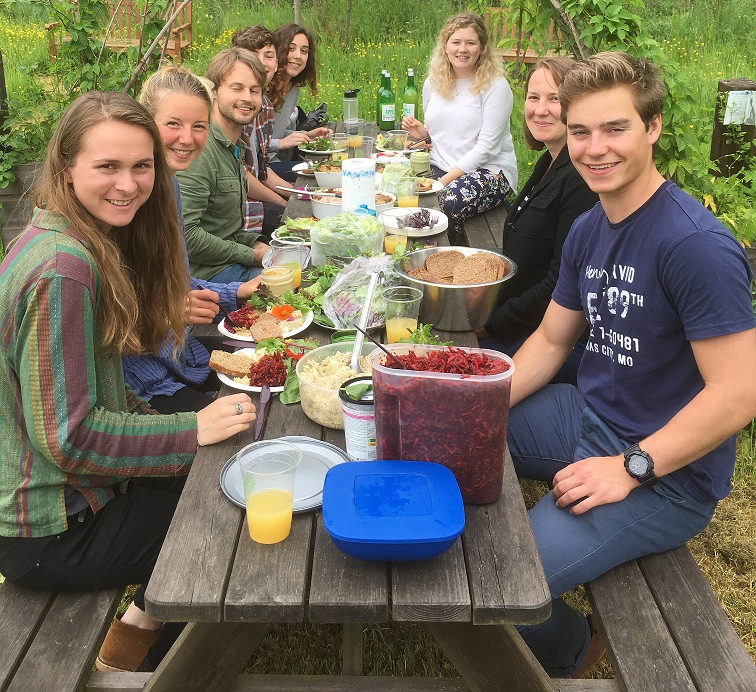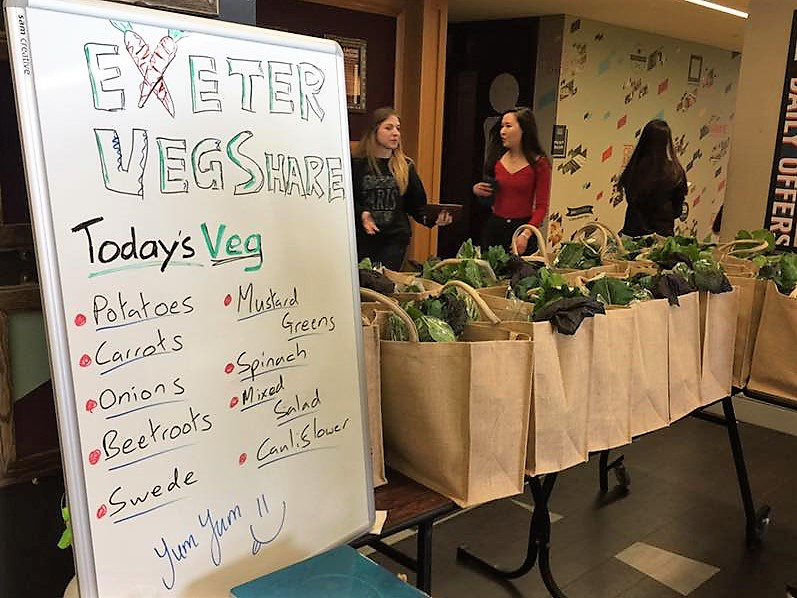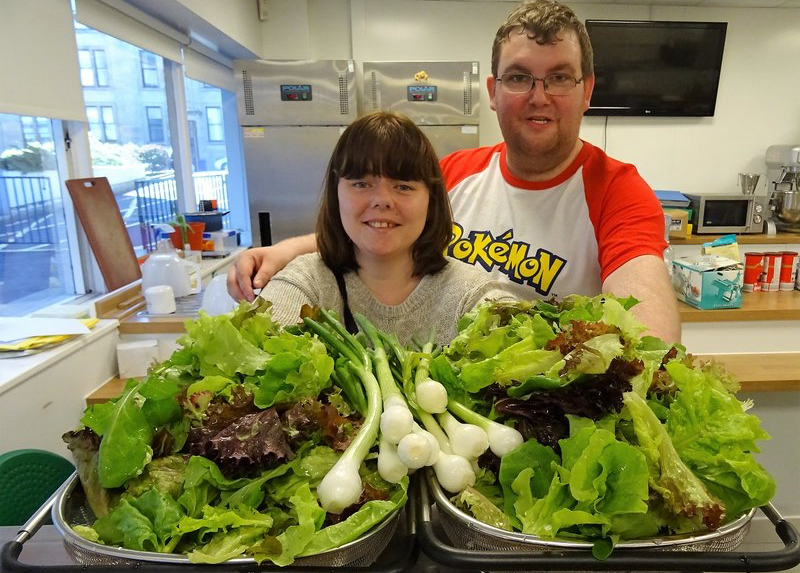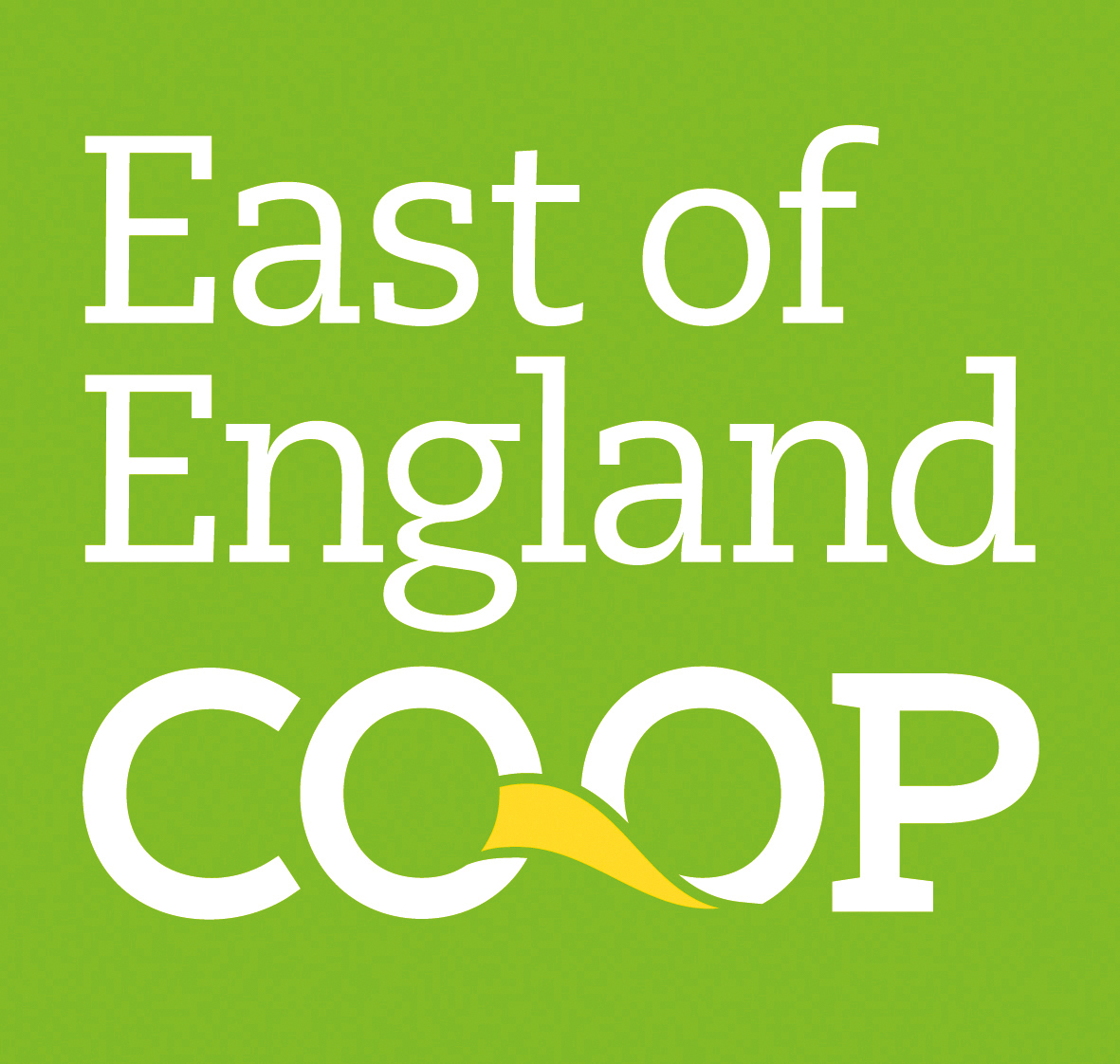Real food is replacing junk food as the staple diet for students taking part in a nationwide project.
Sustain, a not-for-profit organisation which promotes and campaigns for ethical food and agricultural policies and practices, is now working in partnership with NUS Student Eats to help young people across the UK set up food co-ops in their universities and colleges.
The initiative is one of 31 projects backed by the Big Lottery Fund’s Our Bright Future programme, with a total of £33m in funding to help a raft of organisations plan a better environment for the next generation. Thirty start-ups are being supported by Sustain, which comprises around 100 organisations including the Campaign For Real Farming, the Campaign For The Protection of Rural England, the Fairtrade Foundation and Fare Share.
Tilly Jarvis combines her work as food co-op project co-ordinator for Sustain with similar work for the NUS’s Student Eats project, which for several years has been promoting the growing of food on campuses across the country.

“It is about scaling up work which was already being done by charities and organisations,” she says. “We set up Student Eats in 2012 to support students. It was hugely successful – so much so that we were growing a lot of produce which was often being wasted.
“So there was a lot of interest in setting up food co-operatives on campus or locally.”
The National Union of Students has funding for 67 food enterprises – offering £1,000 in start-up costs for each one. In the past year there has been a rolling raft of applications and the last round closes at the end of the year with funding for 12 more available before the 24 November deadline.
Some focus on providing produce for farmers’ markets, others on the preservation of food, and several concentrate on using up surplus food – offering ‘pay as you fill’ cafes where people pay what they can afford.
“All the co-operatives have to be student-led but they can be run in conjunction with the local community,” explains Ms Jarvis.
“The focus is on learning how social enterprise works, trading food with money exchanging hands, so it is sustainable in all senses. Our enterprises aim to be profitable, but any surplus goes to the social and environmental groups who are growing food on campus or with the local community.”
Long gone are the days when all university campuses had halls of residence offering wholesome food at a subsidised rate. In many cases the fast food chains have taken over and it is often difficult for hard-up students to find healthy and affordable food.
Ms Jarvis says Sustain’s Food Co-op project is about providing access to affordable good food.
“This project gives students the opportunity to buy healthy food, whether it’s fresh produce or dried wholefoods with people buying in bulk. Because there is definitely a move towards students wanting healthier food.
“NUS research has shown students are more and more interested in being able to cook healthier – but there is often a barrier to healthier options as you can often buy rubbish food on campus very cheaply. It’s about helping students to eat more healthily, providing lifelong skills. It is also an opportunity for students to learn the skills involved in setting up a business in a risk-free environment as well as getting an understanding about social enterprise and making the right choices.”

The NUS Student Eats initiative is running until 2020, by which time it is hoped over 3,000 young people will have been involved and over £300,000 worth of food produced – all of it traded locally via student enterprises operating within 30 miles of campus.
The co-operatives range in size from a few students growing salad produce to larger enterprises providing food for farmer’s markets. However, all those taking part are encouraged to learn about finance, supply chains and marketing as well as ensuring the co-operative can carry on once they leave university or college. Freshers Fairs are good opportunities to get more people on board and new recruits are always welcome.
As well as providing access to good food, the project has been a learning curve for many young people about the co-op way of doing business.
“Our training includes a lot of information about co-operatives and their legal structures,” says Ms Jarvis. “So by the time they leave college, students know that, if they want to set up something similar, co-op structures could be a good way to go. It’s a win-win for everyone and surprising it’s not been done before.”

Something Sustain did not anticipate was the different preconceptions brought by students approaching the project for different reasons.
“Roughly half the applications are from students interested in ethical sourcing and the co-op movement – so when I start talking about profit they think it’s a dirty word and I have to explain that any surplus is returned to the social enterprise or community,” says Ms Jarvis.
“The other half are business students who don’t understand about co-ops or sustainability. So what we are doing is skilling up both sides – and, looking to the future, it will help all of them set up businesses with more impact which can be sustainable and successful in achieving their ideals and in working for the community.”
As well as overseeing the student project, Ms Jarvis supports other kinds of food co-ops across the UK. The www.foodcoops.org website was created by Sustain as part of the Making Local Food Work programme, which ended in 2012. But the website itself continues as a way of building interest in buying and selling through community food co-ops.

“My current role is obviously focused on helping students set up new enterprises, but it’s also about integrating them into this much wider network,” she says. “On our website there’s a really useful toolkit as well as a Finder map of UK food co-ops.
“We have been updating the map over the past 12 months and in the process have been surveying food co-ops. We have had over 50 responses to our food co-op survey – which is the largest of its kind as far as we are aware. The respondents are a combination of food co-ops that were on the original finder map over four years ago, some of which are no longer trading, as well as new food co-ops that have joined the network over the past 12 months.”
And there were some interesting results: all the food co-ops surveyed said they exist to provide access to both healthy and affordable food – and, for more than half of them, the key motivation is to alleviate food poverty.
“From the food co-ops we surveyed, over three quarters of those who are still running said they felt their food co-op was ‘thriving’,” says Ms Jarvis. “They said their biggest challenges are a lack of time and volunteers, but lack of money was the main reason given for those co-ops who we surveyed that are no longer operating.
“So it is absolutely essential that we continue to build a network of community food co-ops and food buying groups across the UK not only to help new ones get off the ground, but enable existing ones to thrive.”
- The deadline for grant applications is 24 November. Once all 67 are in place they will be able to compete for scale-up funds of £17,000.

- This focus on British Food is supported by East of England Co-op, the largest independent retailer in East Anglia with more than 230 branches across Norfolk, Suffolk, Essex and Cambridgeshire. It runs a wide range of businesses, including food retail, funeral, travel, pharmacy, Post Offices, opticians and investment property. It is owned by more than 288,000 members and in 2017 members shared a dividend of more than £3 million.
- Find more coverage on co-ops and British Food Fortnight here.
- This article was amended on 21 September. The third paragraph stated that Sustain’s member organisations include Child Poverty Action Group, which is not the case.

